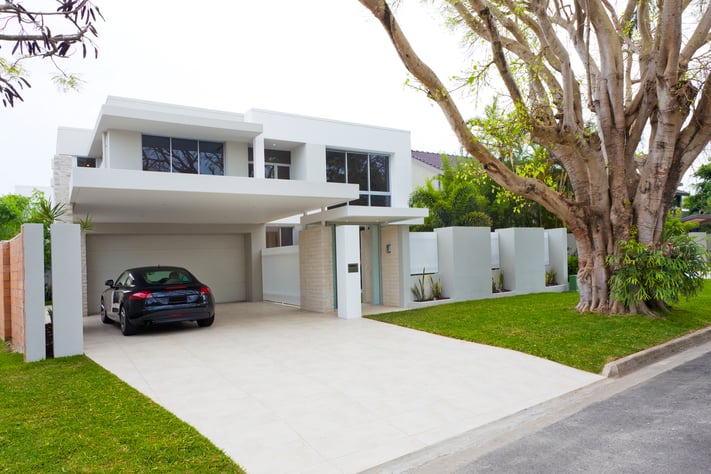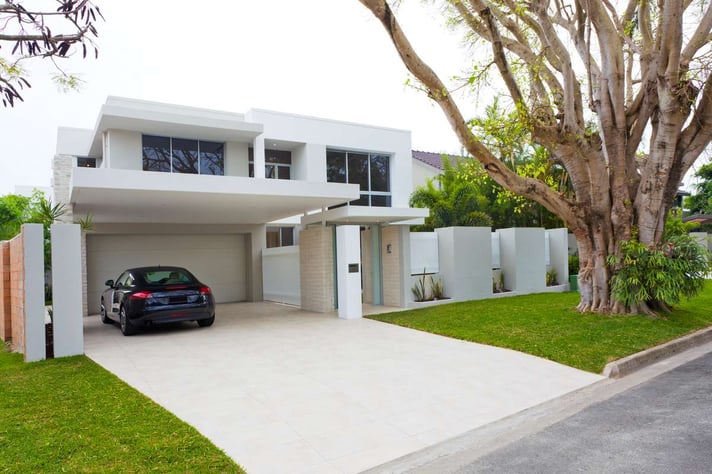According to Baltimore property management professionals, it’s quite common for self-managing property investors to set the rent too low. This is usually because the property is not monitored or maintained as much as it should. Sometimes, property owners might even allow the rent to stay low to discourage extra maintenance requests and save money by letting renters make their own repairs.
But low rents add up over time. If you are charging $1500 per month when you should charge $1800, that extra $300 adds up fast. You may think about it when the roof has a leak or when it’s time to change out the air conditioner. If you had collected a little more rent, you’d have been able to pay for it.
Also, if you are not getting the rent up to market level, you won't attract high-quality renters, and, in turn, the renter might not report certain maintenance issues, resulting in a rundown property due to deferred maintenance. So, it is better to keep your property well maintained to avoid that long-term risk.
With that said, you want to avoid raising the rent too high as you could lose renters and end up with high vacancies. Here are some tips from Baltimore property management professionals on how to set the rent just right.
Compare and Contrast
See what similar properties are going for in your area and have that information prepared when approaching the renter to increase the rent. This lets the renter know that your increases are fair (and shows them that they’re unlikely to get a better deal if they go elsewhere).
Put Yourself in Their Shoes
Show the renter that you understand what the rent increase means from their perspective. Showing them that you understand their position will make them more willing to understand your position too. This is how proper Baltimore property management is done; through effective communication.
Give and Take
If you notice your unit is way below market value, you can offer improvements and then charge the renter for those improvements. Add value to the property, make it a nicer place to live, and ask if the renter is willing to pay more to reflect the property's value.
Put up a new privacy fence, upgrade light fixtures, install ceiling fans, replace the showerheads or countertops. If you can make those small upgrades, that’ll make the renter’s life easier, and you can better justify a $100 or $200 rent increase without the renter becoming annoyed with you. In fact, increasing the rent after improving unit quality can help you avoid getting yourself into trouble.
If the renter still does not want to pay the increased rent, they can move elsewhere once the lease is up, and you’ll be well within your rights to increase the rent at this point to reflect market value.
Consider the Law
The time and manner in which you increase rent are governed by laws in most states. For instance, in Florida, a property owner must give a 15-day notice before increasing rent. Any increase must be written into the lease ahead of time unless both parties agree to modify the agreement.
Even though there is no limit in the amount of rent in most areas, you cannot base your increase on discriminatory reasons or retaliatory reasons. Proper notice is required to increase the rent before an existing tenancy is renewed. You may not increase rent before the end of the term of any fully executed lease agreement unless it is referenced within.
Incremental Change
Let’s say you’ve purchased a rental property that already had renters in a month-to-month contract. You notice that their contract had them in way below market value for the area, but they are excellent renters. So you give them the option of moving out or signing a new lease. This new lease should have quarterly step-ups of rent over the next year to slowly get them moved up to the correct amount.
The renters will love this, you’ll get to keep them, and they’ll even thank you for gently easing them into the higher rent. If you’re starting on a regular one-year lease contract, you could increase the rent by 3% to 4% per year while ensuring that the units are well-maintained.

Tie it To the Terms
Another technique is to tie the increase to the rental term. For instance, you could say that if the renter signs a one-year renewal, you’ll increase it by $200, but if they sign for two years, then you’ll only increase the rent for only $100. Longer lease terms with good renters are still money in your pocket saved from vacancy. If there’s something you can do to improve the property that justifies the rent increase and the numbers make sense, do it. Too many landlords wait until it’s empty to make these improvements. But if you can make improvements that will make the renter happy with the increase, go for it.
Plan Ahead
When a renter’s lease is coming to an end, this is a good time to broach the subject of increasing the rent. But, before you do that, you should consider if rental prices have gone up in your area, and depending on market conditions, you may want to practice flexibility when it comes to renewing.
For best results, consider hiring a Baltimore property management professionals to conduct a rental analysis that will enable you to increase the rent at the right time and for the proper amount. Give us a call today to learn more about how we can help you command top rent for your units.









